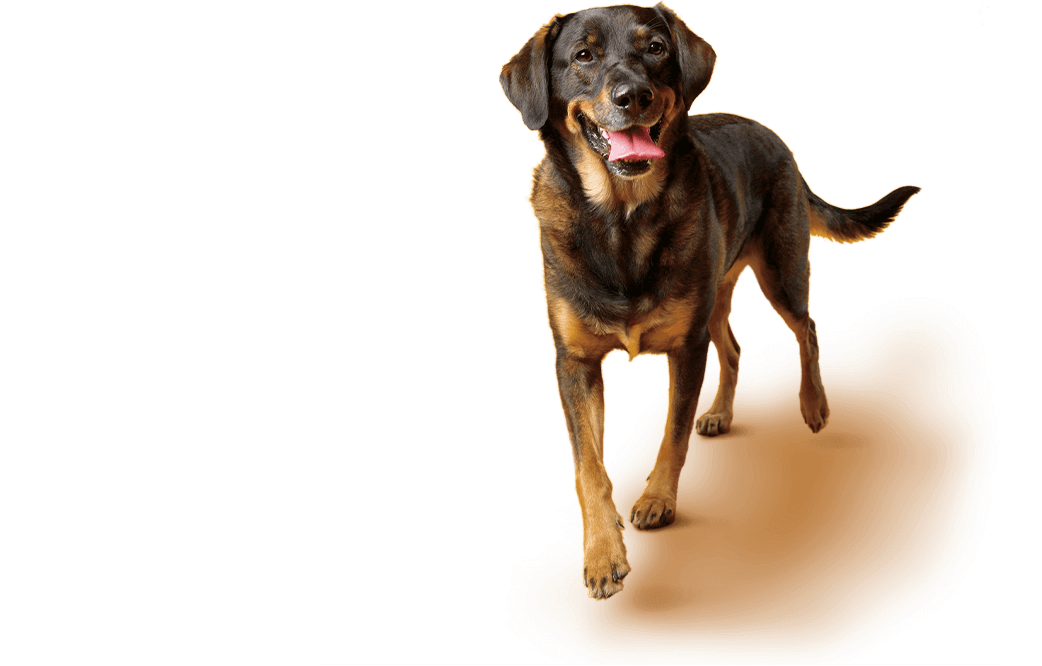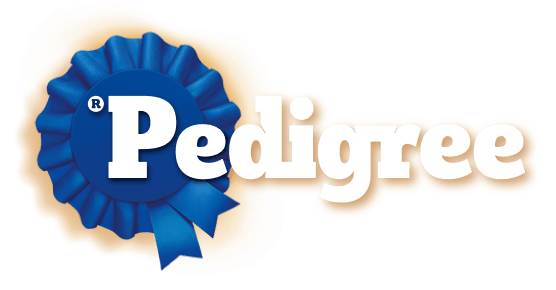
Frequently Asked Questions
Please check our FAQs list below to see if we have already answered your most common questions. If your questions are not answered, you can send us an email (opens in new window) (opens in new window) , and we will respond to your inquiry promptly.
The FAQs are organized in six major categories listed directly below. Click on one to see all the FAQs within that category or scroll through the page to view all questions.
Frequently Asked Questions
- All Questions
- ESSENTIAL NEEDS
- ONE TRUE LOYALTY FAQ ABOUT MY ADOPTION AND RECEIPT
- ONE TRUE LOYALTY FAQ ABOUT MY PEDIGREE® PURCHASES
- ONE TRUE LOYALTY FAQ ABOUT MY REBATE
- ONE TRUE LOYALTY FAQ GENERAL QUESTIONS
- ADOPTION DRIVE
- DRY PRODUCT INGREDIENTS
- DRY PRODUCT DEVELOPMENT
- PEDIGREE FOUNDATION
- WALTHAM PETCARE SCIENCE INSTITUTE
-
I've heard I should not feed my dog food with corn in it. Is this true?
Corn is an excellent source of protein and energy in a balanced diet. It provides essential amino acids and carbohydrates (including fiber for healthy digestion) as well as being a good source of linoleic acid (a key driver of skin and coat health) and antioxidants (important for a healthy immune system).
I've heard that most dogs are allergic to corn and wheat. Will my dog develop these allergies if I feed him food that contains one or both of these?
A small percentage of the pet population suffers from allergies, most of which are not related to diet. However, a small number of pets have sensitivities to food. It's important to know that pet foods do not cause allergies. The risk of developing an allergy is based on the pet's genetic profile, not related to diet. If you believe your dog has a food allergy, it is best to discuss this with your veterinarian to help you choose the right diet for your pet.
What are meat by-products? Why are they used in dog food?
Animal by-products are excellent sources of protein and essential vitamins and minerals for pets.
By-products are the clean, internal organs, including liver, lungs, intestine, etc. In fact, when eating in the wild, dogs naturally gravitate toward the internal organs as their first choice of food. One reason may be because organ meats are a more highly concentrated source of essential nutrients, as compared to muscle tissues (meat), thus providing more nutrition to the dog.
The use of by-products not only provides the essential nutrients that dogs need, but they are also a sustainable source of quality protein to ensure the human food chain is not negatively impacted.
I've heard that I should only feed my dog food that has "meat" listed as the first ingredient. Is this true?
It's a common perception that dogs should and want to eat high quantities of meat. However, in reality, dogs are semi-carnivorous, meaning they can thrive on a diet of both meat- and plant-based ingredients.
What is most important is not what the first ingredient of the diet is, but what the overall nutritional composition and digestibility of the diet is. All our products deliver all the essential nutrition dogs need, in a highly digestible formula. The PEDIGREE® Dry Recipes provide all dogs access to the professional nutrition often found only in premium diets, so that they can live life to the fullest every single day.
What is meat meal?
Meat meals are a concentrated muscle meat and bone combination. Because they are concentrated and contain bone, they have higher levels of protein, fats and essential minerals than muscle meat alone. Most of the water and some of the fat are removed from meat meal, which reduces the risk of spoilage.
Does the PEDIGREE® Brand use fillers in its food?
A filler is an ingredient with no purpose that is added to a food. All of the ingredients used in PEDIGREE® Food for Dogs are included for a specific purpose and provide a benefit to the dog. All of our products are designed to provide good digestion, which is only achievable with good quality ingredients and no fillers.
Why are artificial preservatives (BHA and BHT) included in PEDIGREE® Products?
We include preservatives such as BHA and BHT in our foods to help preserve the nutrient integrity of our products. Delivering the nutrition essential to a dog's health is a top priority for us. This ensures product safety and freshness during storage.
Can I feed my dog expired food?
We don't recommend feeding your dog expired food. PEDIGREE® Food for Dogs, just like food intended for human consumption, is designed with the best nutrition in mind, and is made by using the best ingredients. Like all foods, our foods have a finite shelf life. So to provide your dog with the best nutrition, only feed foods within their stated expiration date.
What is the shelf life of PEDIGREE® Dry Products?
PEDIGREE® Dry Recipes have a 12-month shelf life from the date of manufacture. After the "Best Before" date, we recommend that the product be disposed of because the nutritional integrity of the product may be affected.
Are artificial food colorings safe for pets?
Yes. Artificial food colorings are safe for pets, and we have absolute confidence in the safety of all the ingredients we use, including synthetic colors. They have been the subject of robust review around the globe by leading scientists and regulatory agencies, and their safety has been affirmed through the FDA.
While FDA approved, we recognize the growing desire of dog owners to use more natural sources of food colorants in their pet's food. Therefore, we are pleased to announce that we have significantly reduced the number of artificial colorants in our PEDIGREE® Dry Recipes, and we continue to explore future alternative recipe improvements.
What is the shelf life of PEDIGREE® Wet Products?
PEDIGREE® Canned and Pouched recipes have a 24-month shelf life from the date of manufacture. After the "Best Before" date, we recommend that the product be disposed of because the nutritional integrity of the product may be affected.
